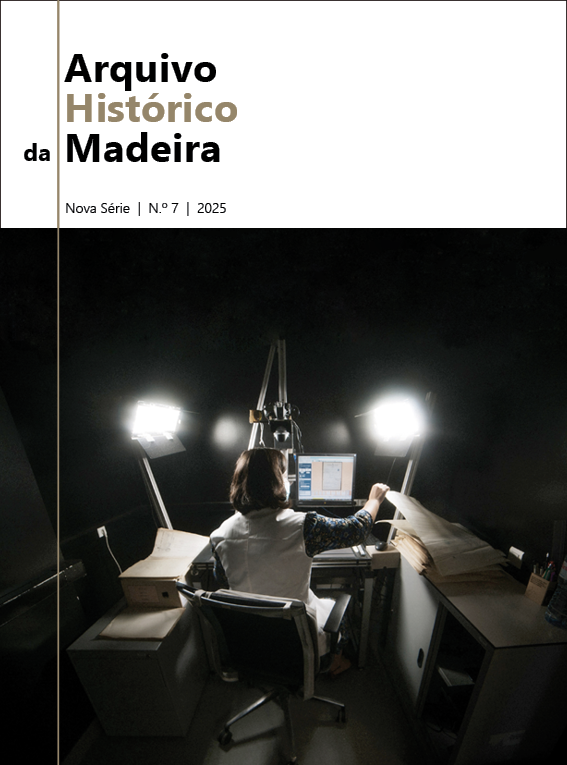Travels and Aporias on Cape Verdean Cultural Anthropology (1936-1992)
Abstract
Given its object of study, Cape Verdean cultural anthropology, like the Portuguese one, is part of the peripheral European tradition that deals with his own culture. Its theoretical framework and methodological tools are mainly indebted to North American culturalism and, to a lesser extent, European functionalism. When inquiring into the transformations of their own culture in the past phases of its historical formation, the pioneers of the Claridade generation (1936-1960) looked for examples in studies carried out in cultural fields like Cape Verde’s, in particular in Insular or Continental America affected by the plantation slave economy. Thus, Ortiz, Redfield and Malinowski would borrow the concepts of transculturation, acculturation or cultural change to the Cape Verdean anthropological exercises of João Lopes, Félix Monteiro and Gabriel Mariano. The three phases of the magazine Claridade (1936-1960), Baltasar Lopes da Silva’s reaction to Gilberto Freyre’s impressions of Cape Verde (1956), Gabriel Mariano’s social essays (1958 and 1959) and David Hopffer Almada’s speeches at the II Jornadas de Tropicologia (1989), held at the Joaquim Nabuco Foundation, will have been the most copious stages of reception of American cultural anthropology and sociology in Cape Verde. The first three sets of texts, more or less marked by Luso-Tropicalism, will become very fruitful in the construction of the archipelago’s identity. David Hopffer Almada’s lectures, on the other hand, are a kind of critical summary of previous discourses on Cape Verdean cultural identity.
Keywords: Cape Verde; Claridade; Anthropology; Culturalism; Creolization; National Identity.
Downloads
Published
Issue
Section
License
Copyright (c) 2025 Arquivo Histórico da Madeira, Nova Série

This work is licensed under a Creative Commons Attribution-NonCommercial-NoDerivatives 4.0 International License.



